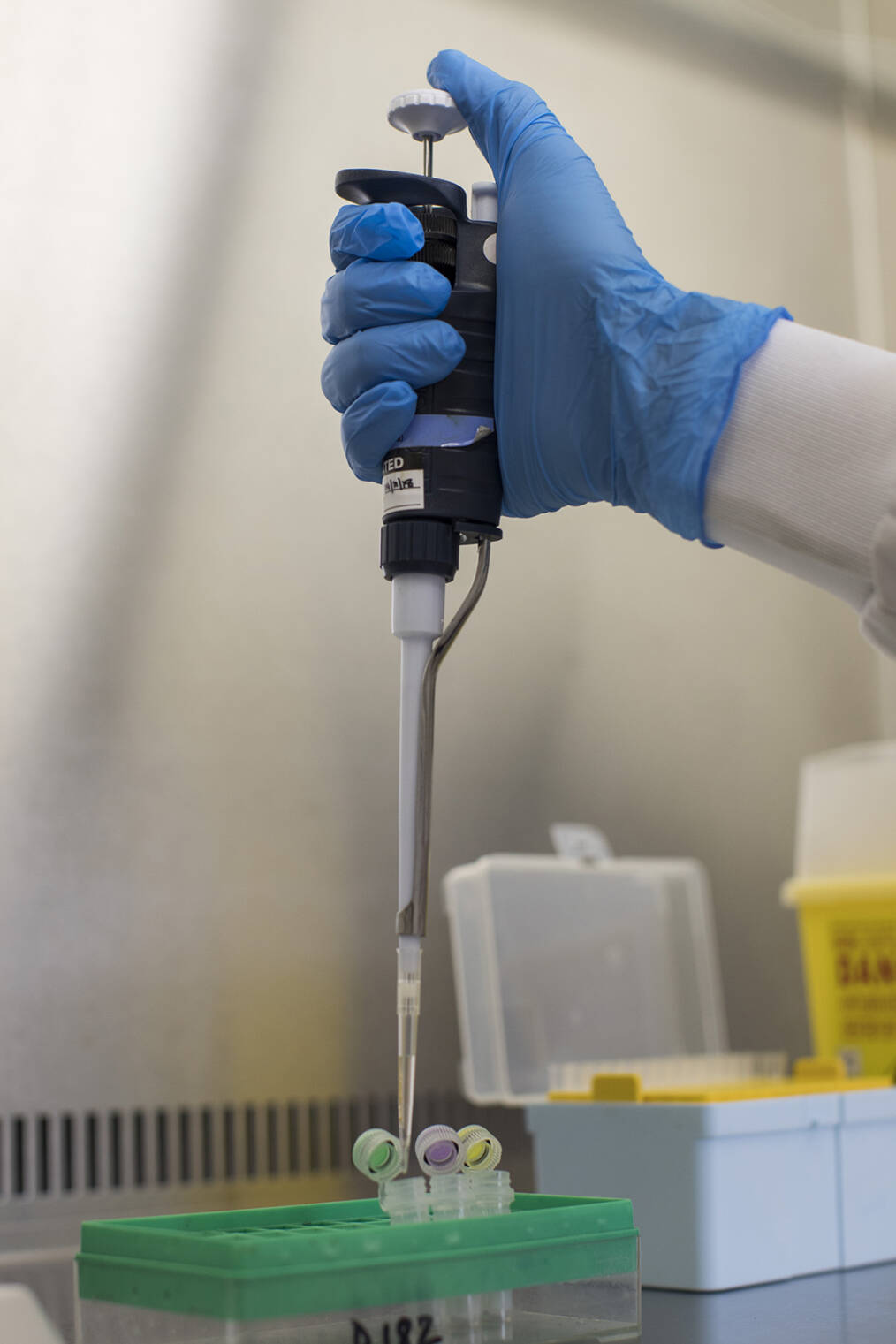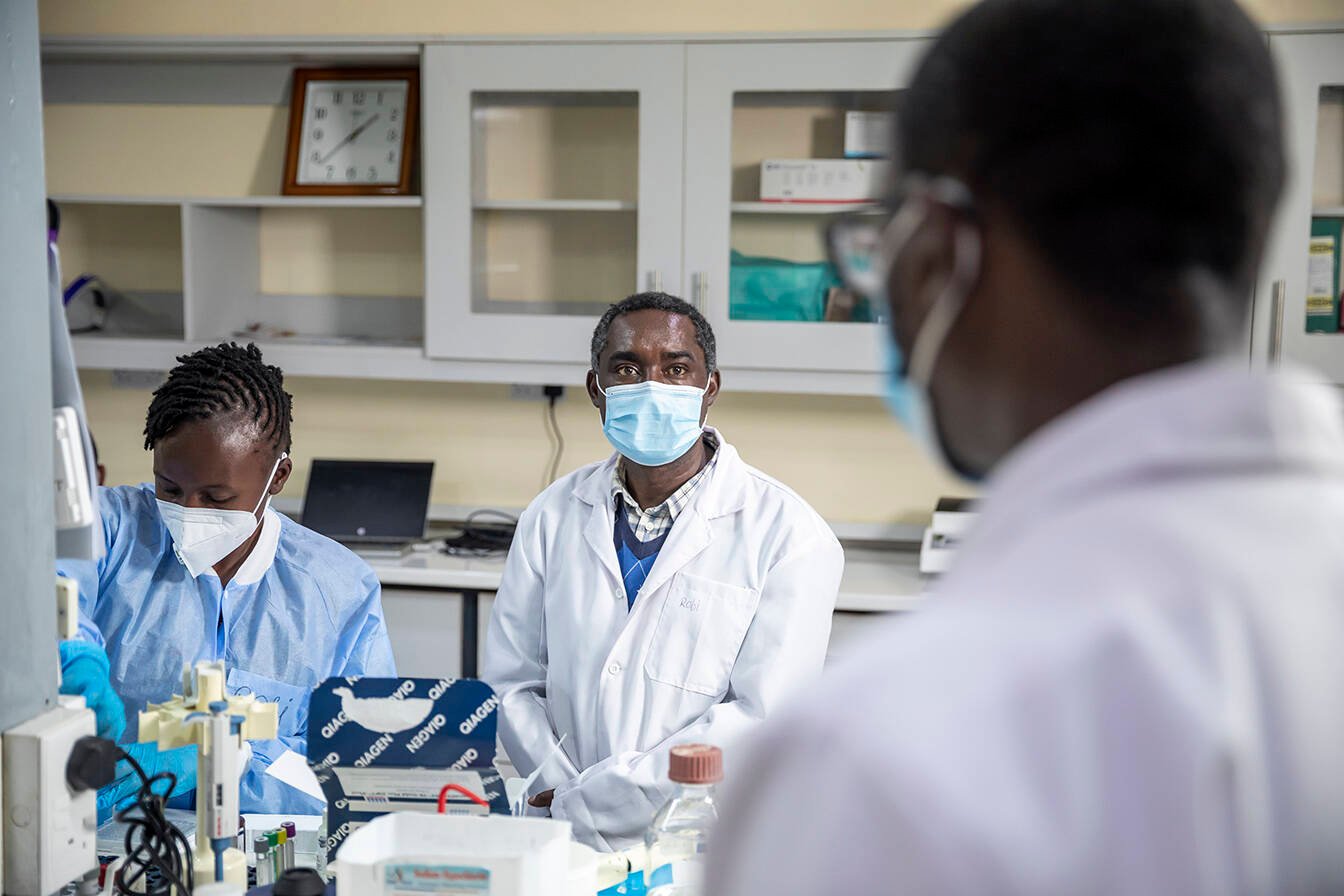To test this idea, the StatinTB team is carrying out a proof-of-principle trial of the use of statins, as a complement to antibiotic treatment. After their antibiotic treatment has been completed, patients with TB are being given a 12-week course of atorvastatin, a widely used statin. Lung scans will be used to assess the presence of active disease and extent of lung damage.
If this initial trial identifies a benefit associated with the use of statins, it would open the way to a larger trial to provide formal evidence of efficacy.

scroll down
On infection with Mycobacterium tuberculosis (Mtb), the body launches a complex immune response that leads to the formation of granulomas – fibrous capsules containing a multitude of different immune cells. Long thought to be a way of isolating and controlling Mtb infections, granulomas are now considered to reflect subversion of host immune responses by Mtb in order to create a protective ‘safe haven’. Indeed, granulomas may be positively harmful to the host, causing long-lasting damage to the lungs and facilitating the multiplication and spread of Mtb.
The perspective, reviewed by the StatinTB team in 2021, opens up the prospect of alternative approaches targeting host immune responses alongside Mtb itself. Given their anti-inflammatory properties, widespread use and excellent safety record, statins are a good candidate for such ‘host-directed therapies’.
Best known as treatments for cardiovascular disease, statins have a wide range of effects on human physiology, including anti-inflammatory activity. The StatinTB study is assessing whether this medicinal property of statins could be harnessed to benefit TB patients.
Could statins offer a novel way to reduce lung damage caused by TB infections and slow the spread of disease?

Statins for TB
